Private label products are no longer relegated to the low-cost corner of retail, but rather are seen as smarter alternatives. Driven by a growing young population, rising disposable incomes, and an expanding production ecosystem in the MENA region, private label lines in the region are swiftly gaining prestige. Retailers across the region are unveiling premium-quality offerings that rival luxury brands in both quality and aesthetic appeal.
Consumers today expect more from their private label choices. They want rich textures, refined fragrances, clear benefits and a design language that embodies elegance. Combine this with the affordability of private labels and the result is a new formula: indulgence at accessible price points.
With retailers reducing costs by cutting intermediaries, they invest these savings into premium formulations, better packaging and sharper branding. This also creates a compelling opportunity to stock private labels that feel premium, allowing you to meet consumer aspirations while maintaining strong margins.
Let’s explore how private labels are reinventing the premium space with affordable indulgence.
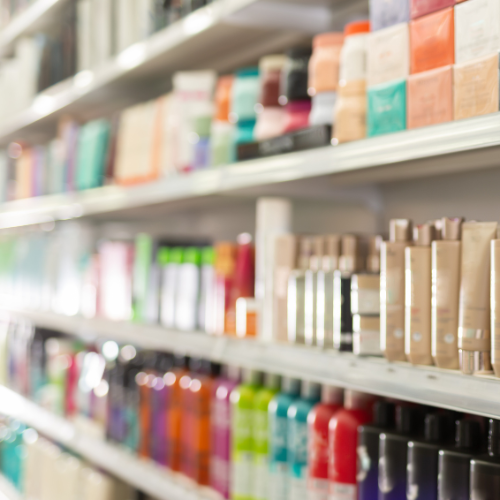

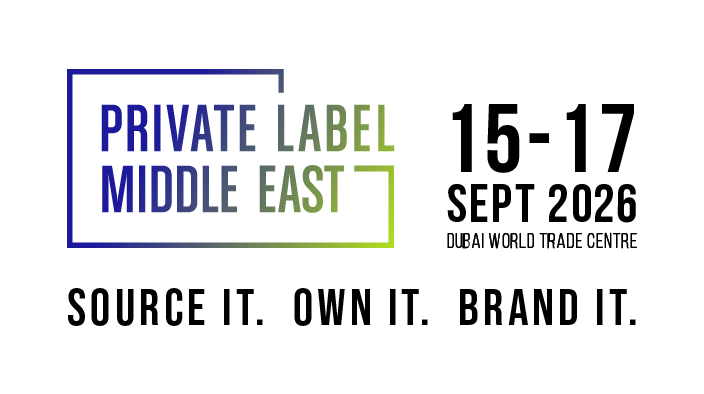
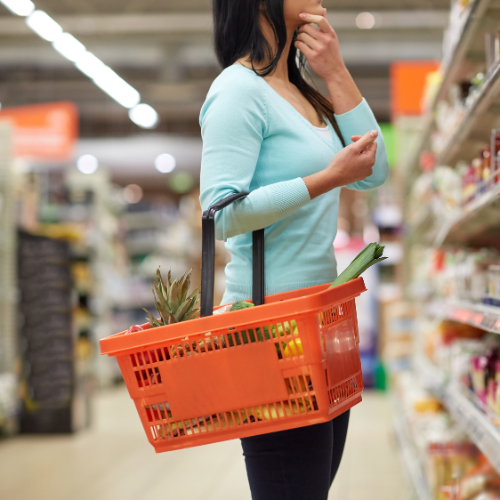
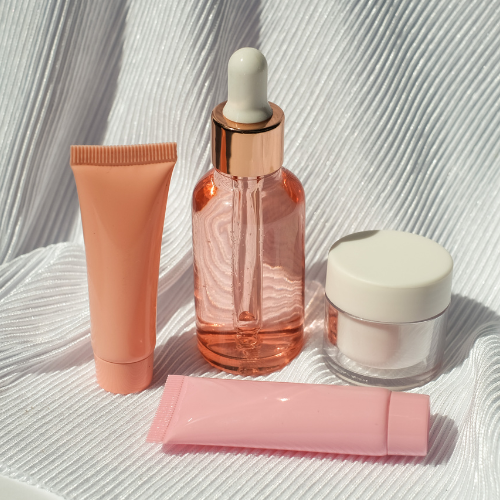
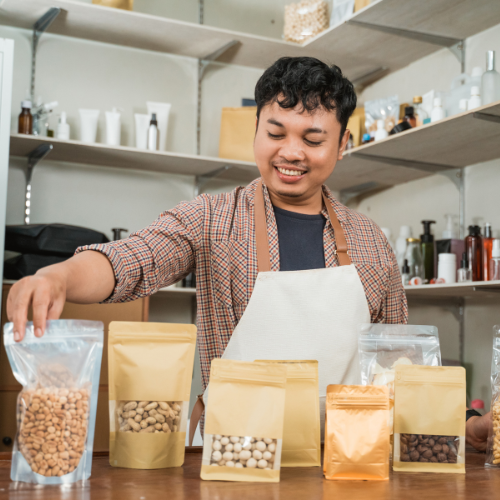

)
)
)
)
)
)
)
)
)
)
)
)
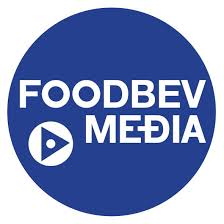
)
)
)
)